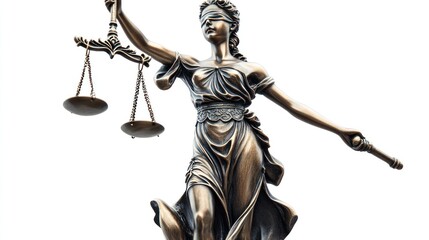In the history discipline,
historians are tasked with analyzing the past. We study the how, when, where,
why, and who of events. The Christian worldview of history is to search for the
truth. As Christian historians, we are not to discern the actions of God in
human history.
In a Christian worldview, historians must acknowledge that God is sovereign. When
analyzing past events, they are reminded of the ongoing relationship between
God and man.
In the lecture, we learn what
a Christian worldview is. Dr. Samuel Smith quickly says that writing from a
Christian worldview is not a spiritualization of history in which we randomly
use scripture verses to explain what happened in the past. There is a place for
scripture in history but not to find meaning in what God did during a past
event. That is more of a providential list approach to history, which seeks to
glorify God amid your historical research and writing.
According to the lecture, a Christian
approach to history should be objective. That is true of the secular approach
as well. We should not be overly objective, like the German secular historian Leopold
von Ranke, who thought that there should be purism in objectivity, which is impossible. We all have biases based
on life experiences and how we were raised. Knowing our biases, we must be
careful not to analyze history using preconceived notions. We need a morally
balanced analysis, even when not in agreement because human beings are naturally
flawed. Becoming aware of our shortcomings, we do not put our moral bias into
our analysis. While there may be some opinion in our work as historians, it
should not be explicit but implicit.

From the lecture, it is acknowledged that to have a Christian worldview, we must look at the
world through a scriptural lens. When looking at past
events, we must filter out events through God’s perspective, because his ways
are truth as written in the Bible. We
know that Jesus is in the foundation of human history, God is a God of order
and the pillar of truth. Christian historians must be ethical as God provides
us with a code of ethics throughout the Bible.
As a historian, I must acknowledge that humans have limitations and show
that life is a short sliver of time.

In conclusion, when we present our research,
we must be honest and ethical. Using logic,
we should be able to analyze primary and secondary sources to paint a creative
but accurate story to bring history alive to our readers. We need to understand
that we are not in charge of our destiny, God is always in control. Finally,
when we approach history from a Christian worldview, we must be objective and
present bias but look at humans as flawed creatures. We must place our moral standards on them.
When we recognize the complexity, we will not oversimplify, spiritualize, or
sensationalize the truth of the events in the past.
Bibliography
Fea, John. Why Study History? Grand Rapids, MI:
Baker Academic, 2013
Smith,
Samuel. “Christian Worldview of History.” Lecture in HIST 491 at Liberty University,
Lynchburg, VA, November 20, 2024.





